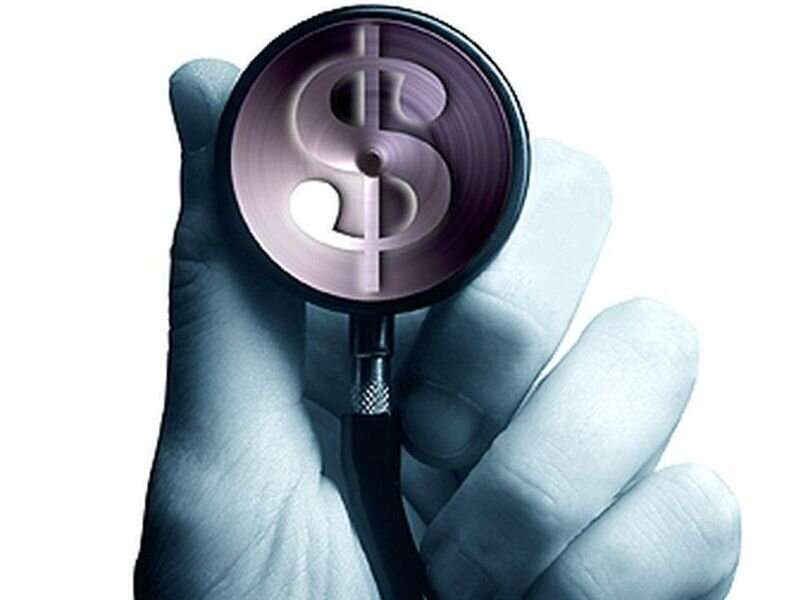Health care disproportionately spent on white Americans

(HealthDay)—Differences in health care utilization across racial and ethnic groups explain the majority of inequities in U.S. health care spending, according to a study published in the Aug. 17 issue of the Journal of the American Medical Association.
Joseph L. Dieleman, Ph.D., from the Institute for Health Metrics and Evaluation in Seattle, and colleagues estimated differences in U.S. health care spending by race and ethnicity from 2002 through 2016. The analysis included data from 7.3 million health system visits, admissions, or prescriptions captured in the Medical Expenditure Panel Survey (2002 to 2016), the Medicare Current Beneficiary Survey (2002 to 2012), the National Health Interview Survey (2002, 2016), and the Disease Expenditure project (1996 to 2016).
The researchers found that in 2016, non-Hispanic White Americans receiving health services represented 72 percent of health care spending, despite making up 61 percent of the population. Hispanic and Asian American individuals received the least spending relative to their proportion of the population (Hispanic individuals: 11 percent of spending versus 18 percent of the population; Asian, Native Hawaiian, and Pacific Islander individuals: 3 percent of spending versus 6 percent of the population). Spending on African American individuals was proportional to their population but skewed significantly toward emergency and inpatient care, suggesting a lack of preventive services. In contrast, White Americans received greater than average spending on outpatient care, dental care, and pharmaceuticals than other groups.
Source: Read Full Article
